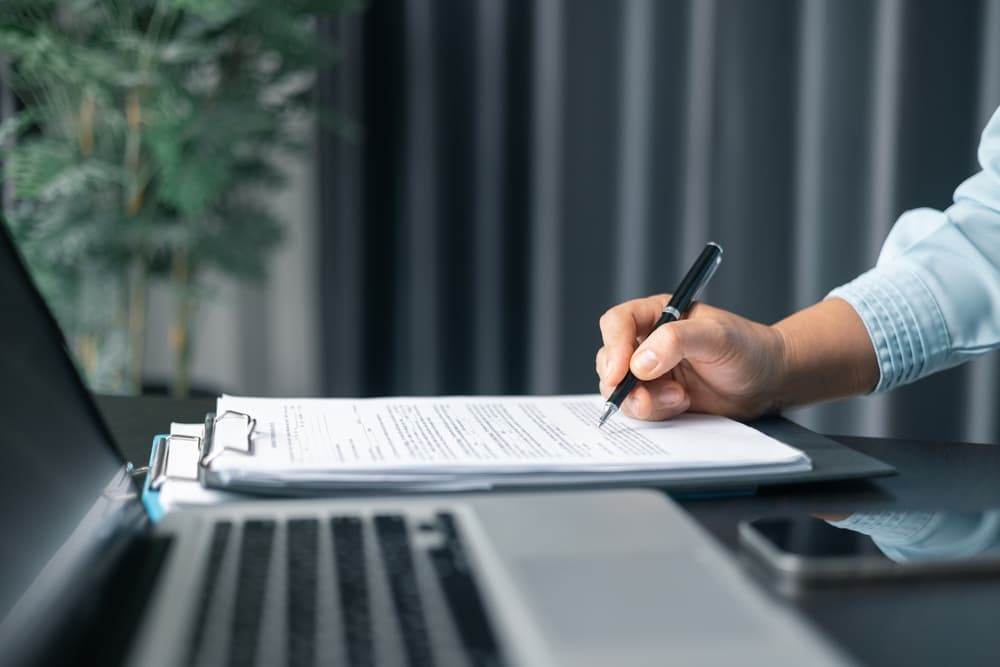
Buying a property in the UK involves several steps and can be quite different from buying in other countries. Here’s a comprehensive guide to help you navigate the process:














If you are interested in any of the above services or would like to speak to someone about your property transaction, please contact your local branch using the link below.